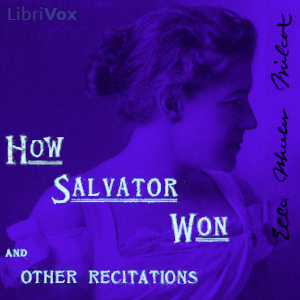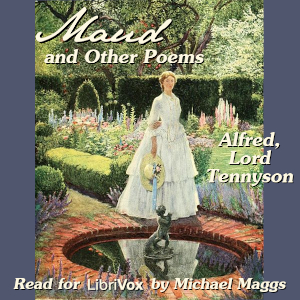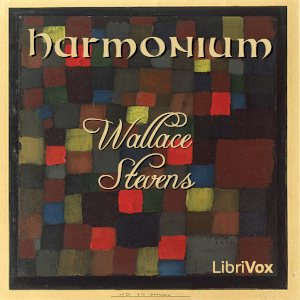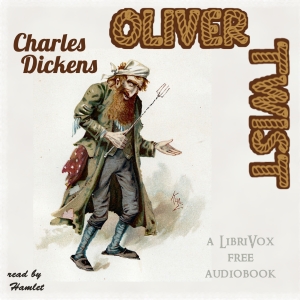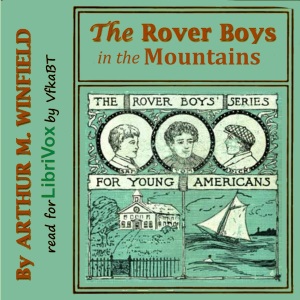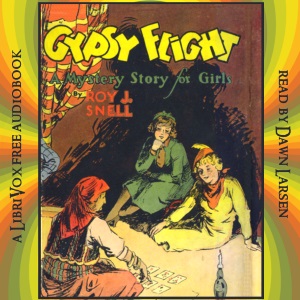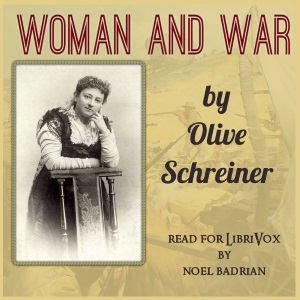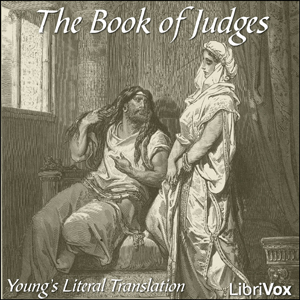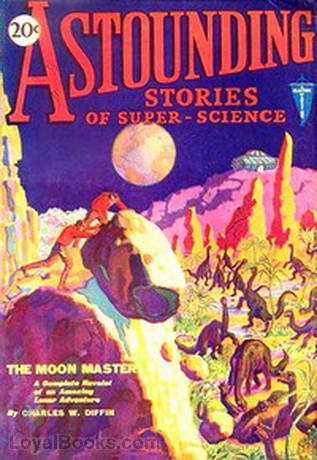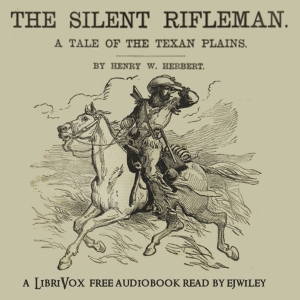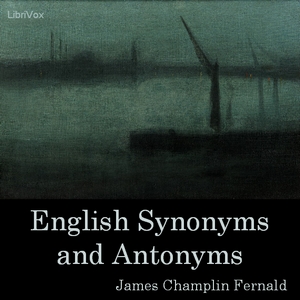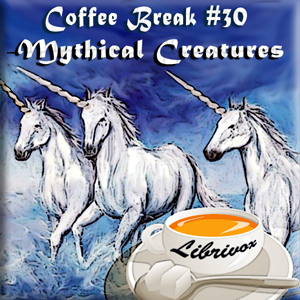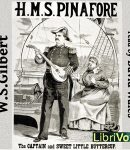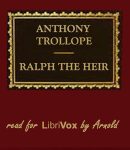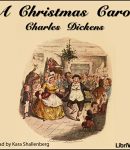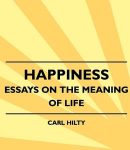As usual, Trollope creates a nice variety of characters of different English classes, sentiments and positions. The primary themes are the inheritance of property, extravagance or reason in the spending of assets, the mating of young people, and the electoral practices of the time. The election chapters are based on Trollope’s own experiences when he ran for Parliament. There are, of course, many subplots which allow Trollope to express, through dialog, his opinions about greed, snobbery, work ethics and dandyism. Trollope probably regretted the duplicative naming of his characters after a while; we have two Gregory Newtons, uncle (and present Squire of Newton) and one of his nephews. Then there are several Ralphs: the (deceased) father, Ralph his son (the heir), and Ralph (not the heir) the son of the uncle Gregory! As they appear, Trollope has to interject “not the heir”, or “the other Ralph”. Ralph the heir is an extravagant, easy living young man who has spent himself into debt, and is faced with having to either sell his right to the family property, or marrying a wealthy tradesman’s (a breeches maker cutely named Mr. Neefit) daughter. Four young women are major characters, and these are sought by the two Ralphs, young Gregory, and a bootmaker, Ontario Moggs (don’t you love the names?). These include the fairly sedate daughters of the family lawyer, a ravishing West Indian beauty come to live with them, and the tradesman’s daughter. There are the classic novel “misunderstandings” from errors in communication; while […]



